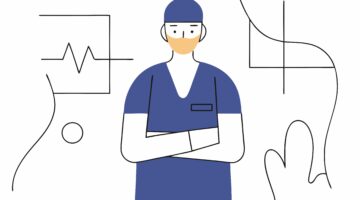For the last year, Boston Scientific’s (NYSE:BSX) stock has hovered between $5 and $6, and no amount of share buybacks have nudged the price up much.
In the company’s second-quarter earnings call last week, analyst Michael Weinstein of JP Morgan asked chief financial officer Jeffrey Capello whether repurchasing shares was the best use of Boston Scientific’s cash instead of issuing a dividend.
In response, Capello remarked that shareholders will benefit greatly because of the buybacks once Boston Scientific’s revenue shows some growth. He added that the stock price is tied to revenue growth and not share repurchases.
So where will meaningful revenue growth come from?
For that all eyes are on the subcutaneous ICD product that the Cameron Health acquisition brought to Boston Scientific. Executives believe that Cameron’s novel implantable defibrillator represents disruptive technology because it is the first and only ICD that is delivered subcutaneously and has no leads in the heart. It is approved in Europe and available in a few locations.
In April, the product won the recommendation of a regulatory panel for approval in the U.S. On Thursday, Boston Scientific’s President Mike Mahoney, who heads up its Cardiac Rhythm Management business, told analysts that the product is expected to get approval in the first half of the year, maybe even sooner.
Mahoney added that he estimates the market for the so-called S-ICD is $750 million worldwide.
“We do believe this will drive share, not only in de novo implants with primary and secondary patients, but also in replacements, patients who already have transvenous lead systems who would need a revision procedure,” he said.
Given the $3.04 billion loss the company suffered in the second quarter, winning U.S. approval to market the S-ICD is likely going to be key in getting the stock to turn around.










